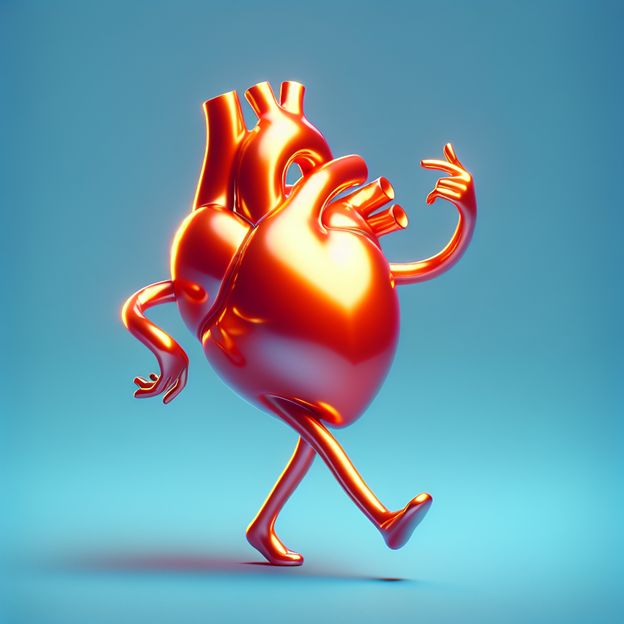Types of Heart Conditions: Symptoms and Treatments
It throbs, it beats, it flutters—all in the name of love and life. Yes, we are talking about your heart, that indefatigable muscle at the core of every rom-com and…cardiology symposium. As much as the heart can inspire poetry and music, it can also lead to an unwanted syncopated jazz-type solo.
Coronary Artery Disease (CAD)
Coronary artery disease (CAD) tops the list when it comes to major types of heart conditions. This is a situation where the coronary arteries–or the supply lines of the heart–become occluded. A build-up of cholesterol or atherosclerosis is responsible for this disease. Your blood vessels will not part with the plaque that narrows the arteries.
To reduce problems with CAD, you may need to revive your diet and take a cholesterol-lowering drug or statin. An angioplasty–a minimally invasive procedure which uses a balloon and stent–may also be used to treat CAD. Sometimes your doctor will recommend bypass surgery.
Heart Attack
A heart attack or myocardial infarction may show up as an invited visitor if you have CAD. Unfortunately, it walks through the door without knocking. The sudden attack may occur when a coronary artery is clogged, which reduces the oxygen in the blood.
Clot-busting drugs are used to treat a heart attack as well as angioplasty or emergency bypass surgery. You can also prevent sticky platelets from gatecrashing your circulatory system by taking aspirin – thus, preventing or reducing the risk of a future heart attack.
Heart Failure – Not Like It Sounds
While heart failure suggests that the heart stops working, it’s more of a state where the heart is not pumping blood as well as it could.
Treatment for people with heart failure usually consists of different medications including ACE inhibitors, diuretics and beta-blockers – all which help in reducing the burden on one’s weakened ticker. Sometimes pacemakers or defibrillators are used to bridge the void as well.
Arrhythmia
Arrhythmia is when the heart’s rhythm section does not work – either going too fast or too slow – out of its normal rhythmic flow. Atrial fibrillation (A-fib), for example, is a type of arrhythmia where your heart is out of sync or is going too fast.
“Metronomes,” such as calcium channel blockers and beta-blockers are used to control the heart beats while anticoagulants are used to prevent the formation of clots in the blood.
Congenital Heart Defects
Congenital heart defects are defects that affect the structure of the heart from birth. They may range from a hole in the heart to problems with the heart’s piping system and pumping action.
Treatments depend on the severity of the defect. Some issues may resolve over time, or may be treated with medicine. Other issues may need surgical correction or require a catheterization.
Summing Everything Up
The heart can tell you a story about your current health. Don’t ignore any alerts. Make sure your heart continues to hum well with the song of life.
You can also focus on making sure someone experiencing sudden cardiac arrest (SCA) is given a second chance at life by taking In-Pulse CPR onsite training. Make a commitment to heart health – to others as well as yourself.



